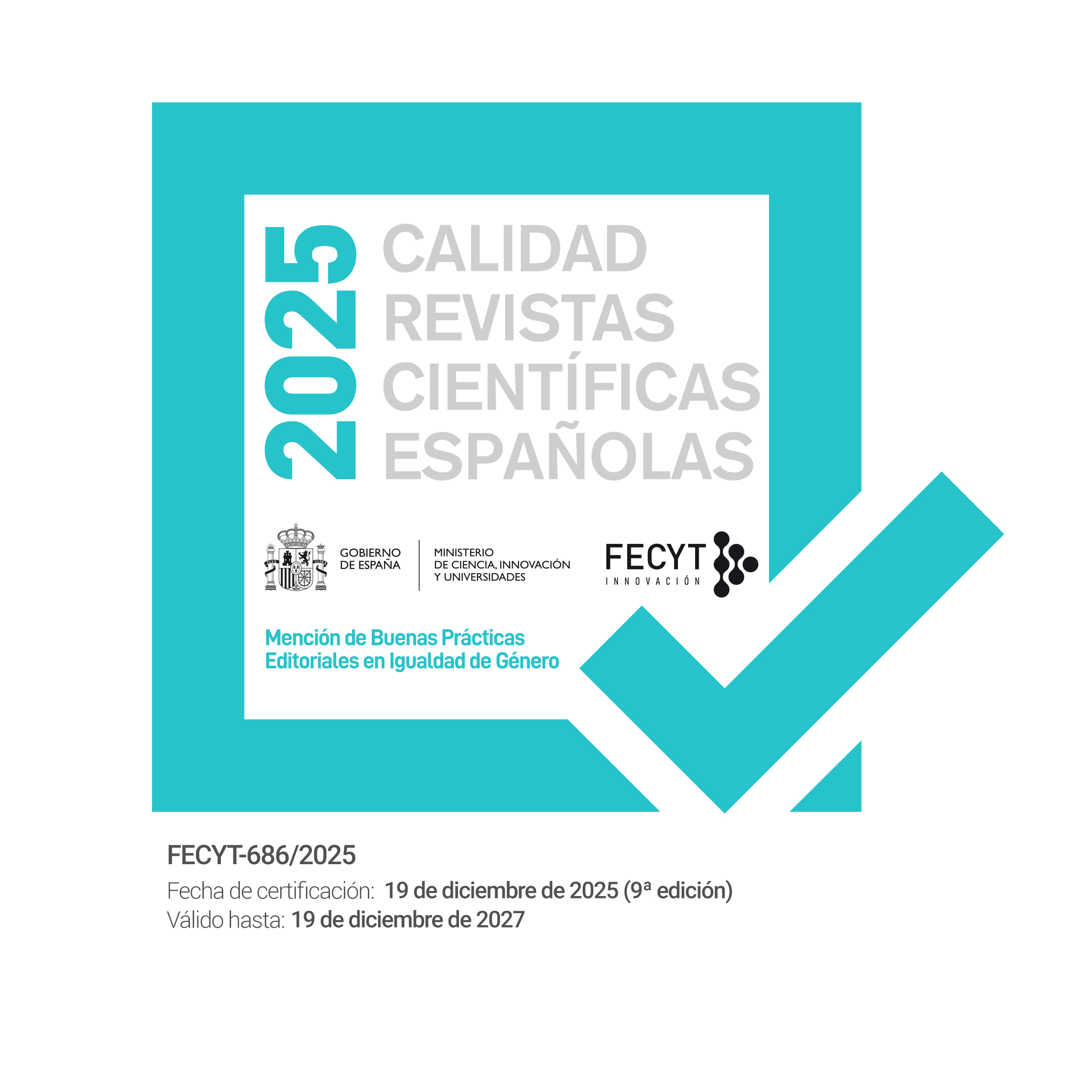Ethic Code
CODE OF ETHICS
The journal Apuntes de Psicología is committed to the integrity and ethics of scientific production and dissemination. Therefore, it adheres to and applies the guidelines of the Committee on Publication Ethics (COPE) (https://publicationethics.org/core-practices). This Code of Ethics of Apuntes de Psicología is a commitment to good practices in the dissemination of scientific knowledge that affects all the agents involved in the different phases of the publication process.
Ethical responsibilities of authors
- Papers submitted for publication must be original and must not have been published elsewhere either partially or in full. The editors and/or reviewers may ask the authors for the data on which the research is based. The same manuscript should not be submitted simultaneously to more than one journal.
- Authors should not present ideas, results or conclusions of others as if they were their own and should properly cite all previous works and contributions to the current work. Plagiarism of any kind will be avoided, both from other authors' work and from previous work by the authors themselves. The journal may use computer programs to detect plagiarism at any stage of the publication process, even after the papers have been accepted. Failure to comply with this ethical principle will result in the non-publication of the paper and entitles the journal's management to take measures in accordance with COPE guidelines.
- The results should be presented clearly, honestly and without alterations to support the initial hypotheses. Authors should respect the ethical standards of the discipline both in obtaining and analyzing data. In the case of studies involving human subjects, authors should ensure that they comply with the requirements of the Declaration of Helsinki (Ethics of the World Medical Association for experiments involving humans). In addition, authors should include in the manuscript a statement that the study has been approved by the ethics committee of the corresponding body.
- All authors of the manuscript should explicitly declare that there are no conflicts of interest (personal, family or economic reasons) that have influenced the results obtained or their interpretation. Authors should indicate the funding agencies and project codes in the framework of which the research that has given rise to the publication has been carried out.
- The papers should include the identification data of all authors (including, whenever possible, the ORCID), provide information on the specific contribution of each author that justifies the order of authorship and provide the contact details of the corresponding author.
- Authors should undertake to correct any significant errors or inaccuracies in their papers, even after publication. In the event that an error is detected, the authors should communicate it to the journal's management, providing the necessary information for its correction.
Ethical responsibilities of reviewers
- Reviewers should carry out a rigorous, honest, impartial and constructive review of the conceptual and methodological quality of the papers. It is essential that this review highlights the contributions and relevance of the work in its field of study. The reviews will be based on objective and scientific arguments in accordance with the evaluation criteria and procedures established by the journal, resulting in a critical and respectful report with the work of the authors.
- Reviewers must inform the editors of any type of plagiarism. For this purpose, they may use the computer programs that the reviewers deem appropriate.
- The reviewers will try to comply with the deadlines established for the completion of the revisions, so that the evaluation of the manuscripts is not delayed in time and the work of the authors is respected. In the case of not being able to conclude a review within the established deadline, the editor will be notified.
- Reviewers will have to declare the absence of conflict of interest for personal, family, economic or academic reasons before carrying out a review. In the event that such conflicts arise during the review process, the editor must be notified.
- All data and information contained in manuscripts under review are confidential. Reviewers may not make use of the ideas or results contained in unpublished manuscripts for personal purposes.
Ethical responsibilities of editors
- Editors will ensure that the evaluation and publication process is transparent, appropriate, and effective. The purpose of editorial supervision is the selection of quality articles in accordance with the thematic scope of the journal, as well as the rejection of papers for lack of academic rigor or scientific validity of the manuscripts. The editors will carry out this task based solely on the scientific merits of the papers, their impact and relevance; without discrimination or bias for any reason unrelated to scientific rigor.
- To ensure that the review process is rigorous, impartial and objective, the editors will select qualified reviewers who are specialists in the field of study of the manuscripts. The peer review process (anonymous for both authors and reviewers) will always be carried out by at least two reviewers external to the journal's Editorial Committee.
- The editors will declare the absence of conflicts of interest and will report those that may arise during the manuscript evaluation process. In no case will the editors participate in the decision on manuscripts written by themselves, members of their own research groups or family members.
- The editors will treat all information regarding manuscripts with complete confidentiality, ensuring the anonymity of authors and reviewers to ensure the impartiality of the review process. Likewise, editors may not disclose or make use of the ideas or results contained in unpublished manuscripts for personal or research purposes.



























